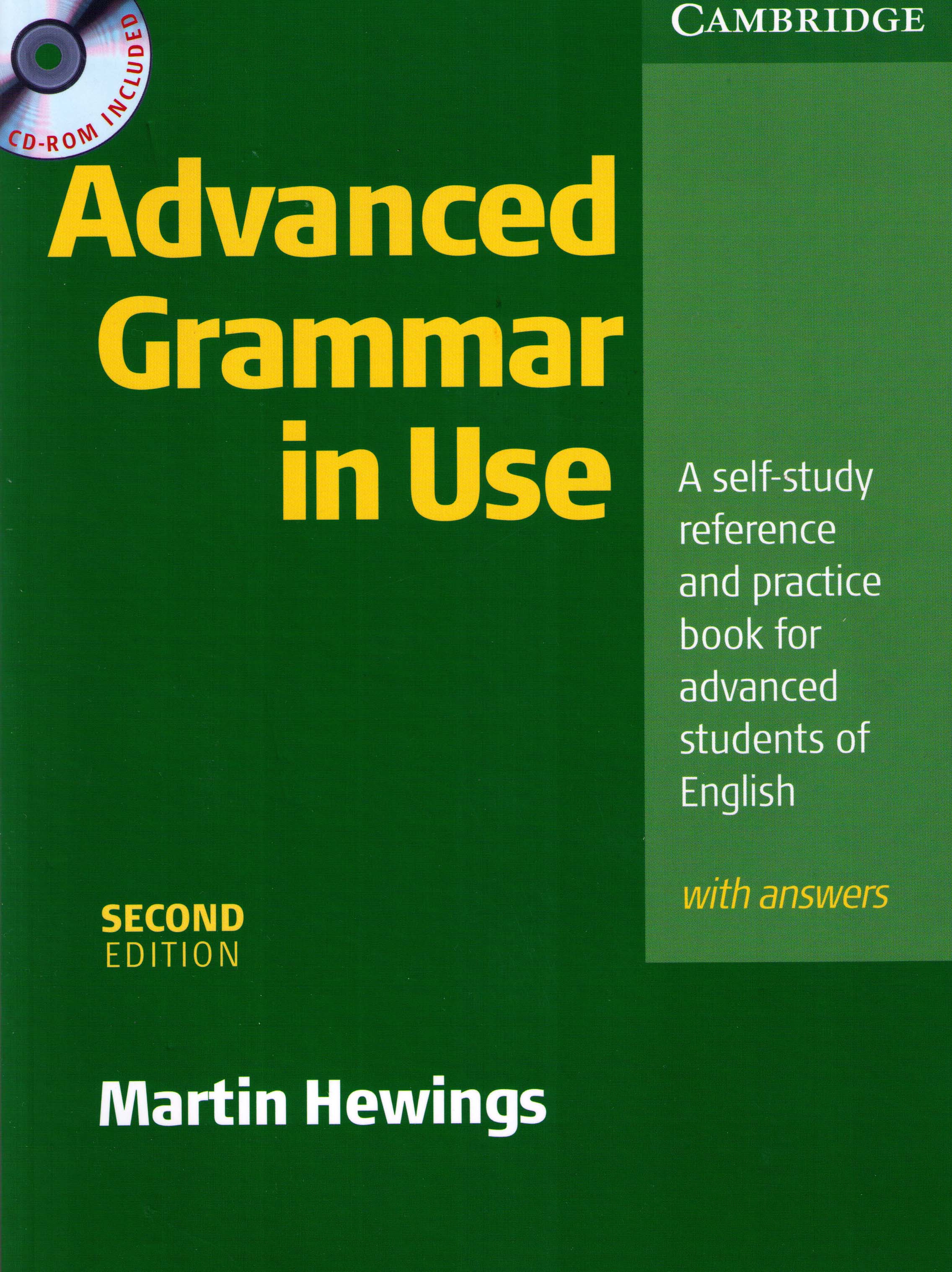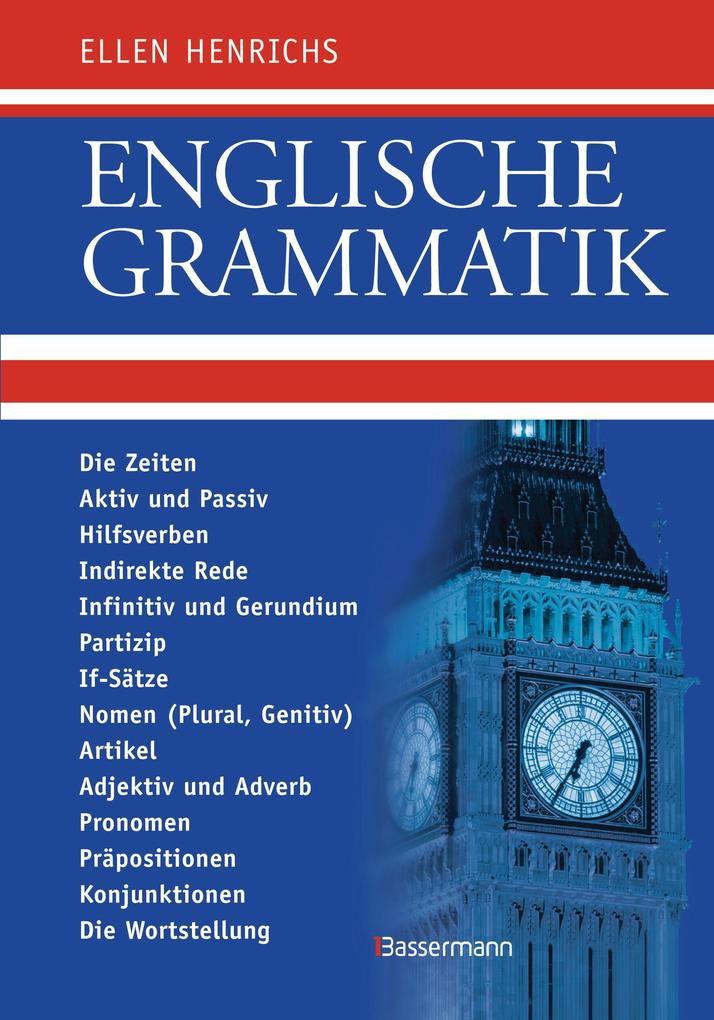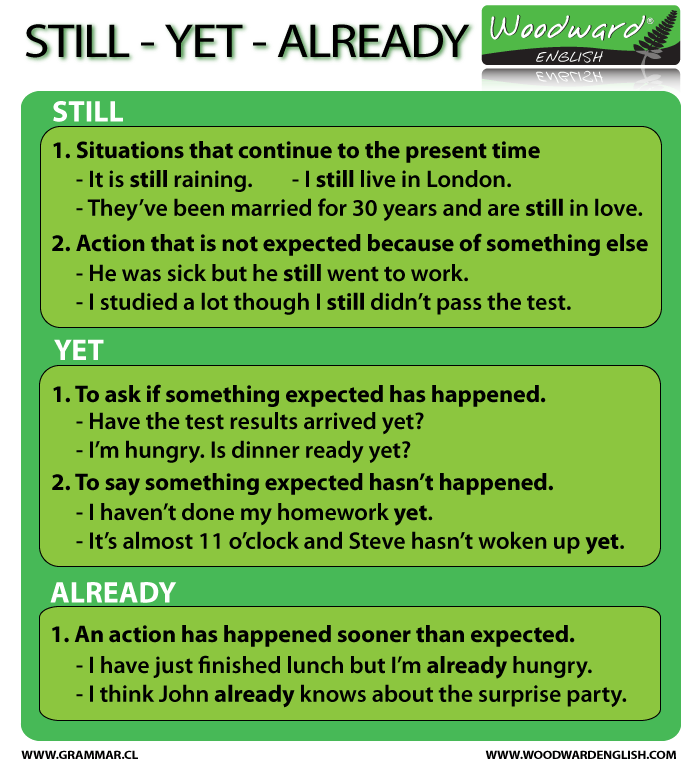 |
| (source: http://www.oxbridgeediting.co.uk/ blog/the-funny-grammar-guide-to-prepositions-659/) |
As I pointed out in my last update, it is essential to constantly and frequently practice your grammar knowledge. This will help you to get more confident and assured in the English language.
This is the reason I want to give you some more helpful resources to practice your grammar skills.
Helpful online links:
- http://www.agendaweb.org/ (This is a very good homepage with many links for practicing the English grammar. On this homepage, you will find several links for practicing the English vocabulary. It offers also links for videos and texts in order to train your comprehension skills.)
- http://www.englishpage.com/ (This homepage offers a lot of explanations concerning the English grammar as well as mini-tutorials. It also offers dictionaries and weekly lessons.)
- http://esl.fis.edu/grammar/ (It is also a very good homepage for English language learners. It has several quizzes, but also analyses and differences in languages)
- http://www.edufind.com/english/grammar/grammar_topics.php (Here you will find many explanations regarding the English grammar. It also offers many tests and quizzes, so you can practice your grammar skills straight away.)
- http://www.learn-english-today.com/lessons/exercise-list.html (Here you will also find many many many exercises to practice your grammar skills.)
Helpful books*:
(*the prices of the books are looked up on various homepages and may vary)
 |
| (source: http://www.buch24.de/ shopdirekt.cgi?id=8052431&p=3&sid=26&static=0) |
(price: 20€)
This is a very helpful book with many explanations. A lot of grammatical rules are explained in a very understandable language. You will not find an opportunity to practice your grammar skills, though.
 | |
| (source: http://www.languagetrainers.com/reviews/ course-book-reviews/english/advanced-grammar-in-use) |
This books offers many explanations regarding the English grammar as well as a lot of exercises. This helps you to practice your grammar. At the end of the book you will find the solution key and also additional exercises.
 |
| (source: http://www.ebook.de/de/product/2737722/ ellen_henrichs_kleinen_englische_grammatik.html) |
(price: 10€)
This book offers German speakers a lot of help with the English grammar. A lot of grammatical aspects are covered and most of the questions the learner has about the English grammar will be answered. The book gives an explanation in German and examples in English. After each chapter you will find exercises to practice the grammar.
Other helpful links:
If you search online, you will also find many worksheets you can print out at home. Those worksheets are very helpful if you want to learn grammatical rules because they give you grammatical rules in a compact version.
Here are two examples:
 |
| (source: http://www.grammar.cl/Notes/still-yet-already.htm) |
| (source: http://www.mailxmail.com/curso-grammar-business-english-gramatica-ingles/ nouns-pronouns-and-articles-nombres-pronombres-articulos-ingles) |




